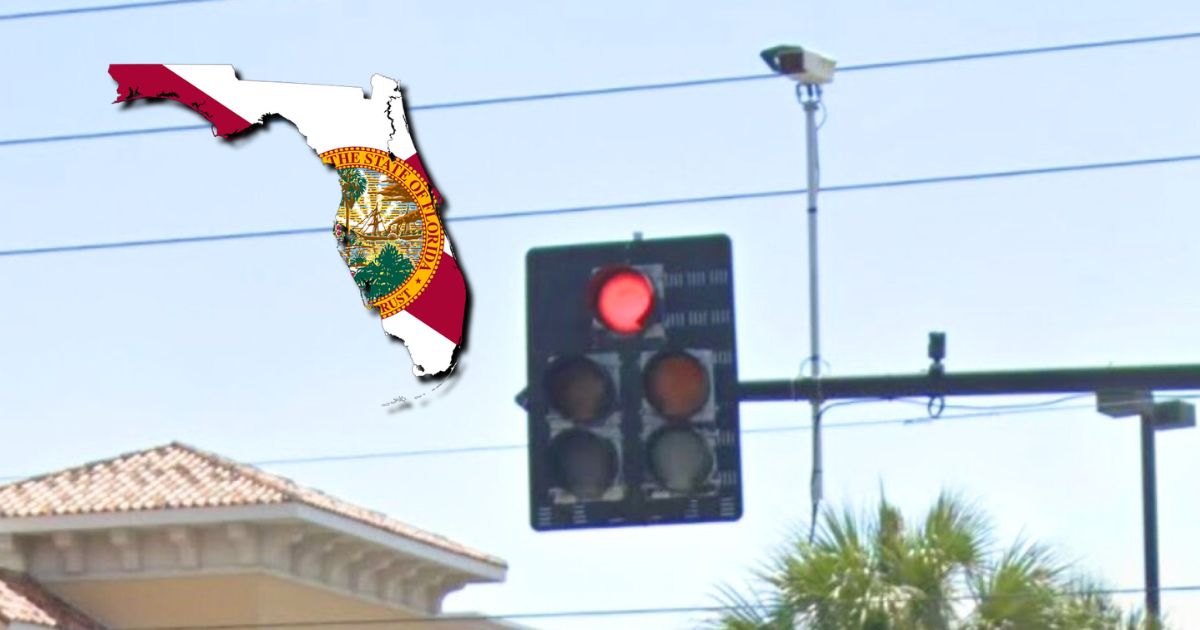Data from the National Highway Traffic Safety Administration shows America’s most dangerous time to drive in the week after the start of daylight saving was from 10 AM Sunday, with crashes happening over three times (214.3%) more often than the week before.
Midnight was the most dangerous time to drive on average, with fatal crashes happening 43.4% more often at this time in the week after the clocks went forward compared to the week prior.
Overall, Florida ranked as the twenty-third most dangerous state to drive after daylight savings, with fatal crashes occurring 6.3% more often after daylight saving than before. This was 1 percentage point above the 5.2% increase for America altogether.
But what cities in the state were the most dangerous to drive after the time change.
Orlando was Florida’s most dangerous metro to drive in the week after daylight savings with a 42.9% increase. Nationally, Orlando ranked fourth.
Jacksonville had the second highest increase in Florida and thirteenth highest nationally, with fatal crashes 26.3% more frequent in the week after the clocks went forward, 20.1 percentage points above the state average.
The Deltona-Daytona Beach-Ormond Beach metro area was third in the Sunshine State and sixteenth nationally, with a 25% increase in fatal crashes, 18.7 percentage points above the state average.
The Tampa Bay metro area (Tampa-St. Petersburg-Clearwater) ranked fourth in Florida and seventeenth in America, with a 24.3% increase, 18.1 percentage points above the state average.
Fifth in Florida was the Lakeland-Winter Haven metro area, recording no change in fatal crashes in the week after daylight saving, 6.3 percentage points below the Florida average of 6.3%. Nationally, the Lakeland-Winter Haven metro area ranked thirty-fourth.
The Miami metro area ranked sixth in Florida and forty-first in America overall. Fatal crashes decreased 7.9% from 140 the week before the clocks went forward to 129 the week after. This is 14.1 percentage points below the state average and 13.1 percentage points below the national average of a 5.2% increase.
The Palm Bay-Melbourne-Titusville metro came seventh in Florida and fifty-eighth (third lowest) in America, recording a decrease of 30.4% in fatal crashes after daylight saving, 36.7 percentage points below the state average.
The one Florida city that recorded Florida’s lowest change in fatal crashes following the clocks going forward was the Cape Coral-Fort Myers metro area. Crashes dropped by 32.1% from 28 in the week before daylight saving to 19 after. This was the second lowest in America, and 38.4 percentage points below the state average.
“When people think of dangerous times of year to drive, people might think of holidays like New Year’s Eve, but not many would think of the day after daylight saving. However, this is one of the deadliest times of year, as the sudden loss of an hour of sleep has a dramatic effect on people’s fatigue, in turn increasing the chances of fatal crashes,” said Matthew Pfau, Partner at H&P Law























